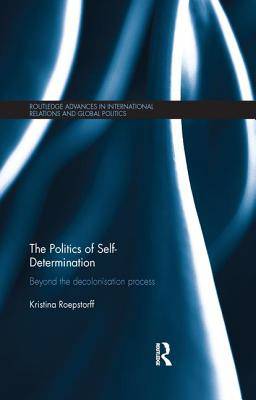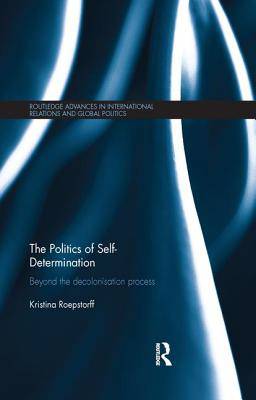
- Retrait gratuit dans votre magasin Club
- 7.000.000 titres dans notre catalogue
- Payer en toute sécurité
- Toujours un magasin près de chez vous
- Retrait gratuit dans votre magasin Club
- 7.000.0000 titres dans notre catalogue
- Payer en toute sécurité
- Toujours un magasin près de chez vous
Description
Since the formation of the UN in 1945 the international community has witnessed a number of violent self-determination conflicts such as the disintegration of Yugoslavia, Chechnya, Kashmir, and South Sudan that have been a major cause of humanitarian crises and destruction. This book examines the scope and applicability of political self-determination beyond the decolonisation process.
Explaining the historical evolution of self-determination, this book provides a theoretical examination of the concept and background. Taking an interdisciplinary approach, the author analyses self-determination in relation to contemporary conflicts, which inform and drive a coherent theoretical framework for international responses to claims for self-determination. Built upon an examination of the conceptual foundations of self-determination, this book presents a new understanding and application of self-determination. It addresses the important question of whether self-determination claims legitimate armed violence, either by the self-determining group's right to rebel, or by the international community in the form of humanitarian intervention.
The Politics of Self-Determination will be of interest to students and scholars of political science, international relations, security studies and conflict studies.
Spécifications
Parties prenantes
- Auteur(s) :
- Editeur:
Contenu
- Nombre de pages :
- 194
- Langue:
- Anglais
- Collection :
Caractéristiques
- EAN:
- 9781138108714
- Date de parution :
- 16-06-17
- Format:
- Livre broché
- Format numérique:
- Trade paperback (VS)
- Dimensions :
- 138 mm x 216 mm
- Poids :
- 452 g

Les avis
Nous publions uniquement les avis qui respectent les conditions requises. Consultez nos conditions pour les avis.






